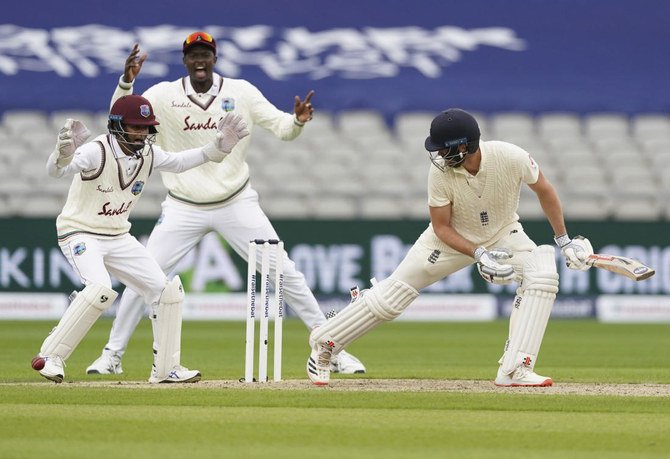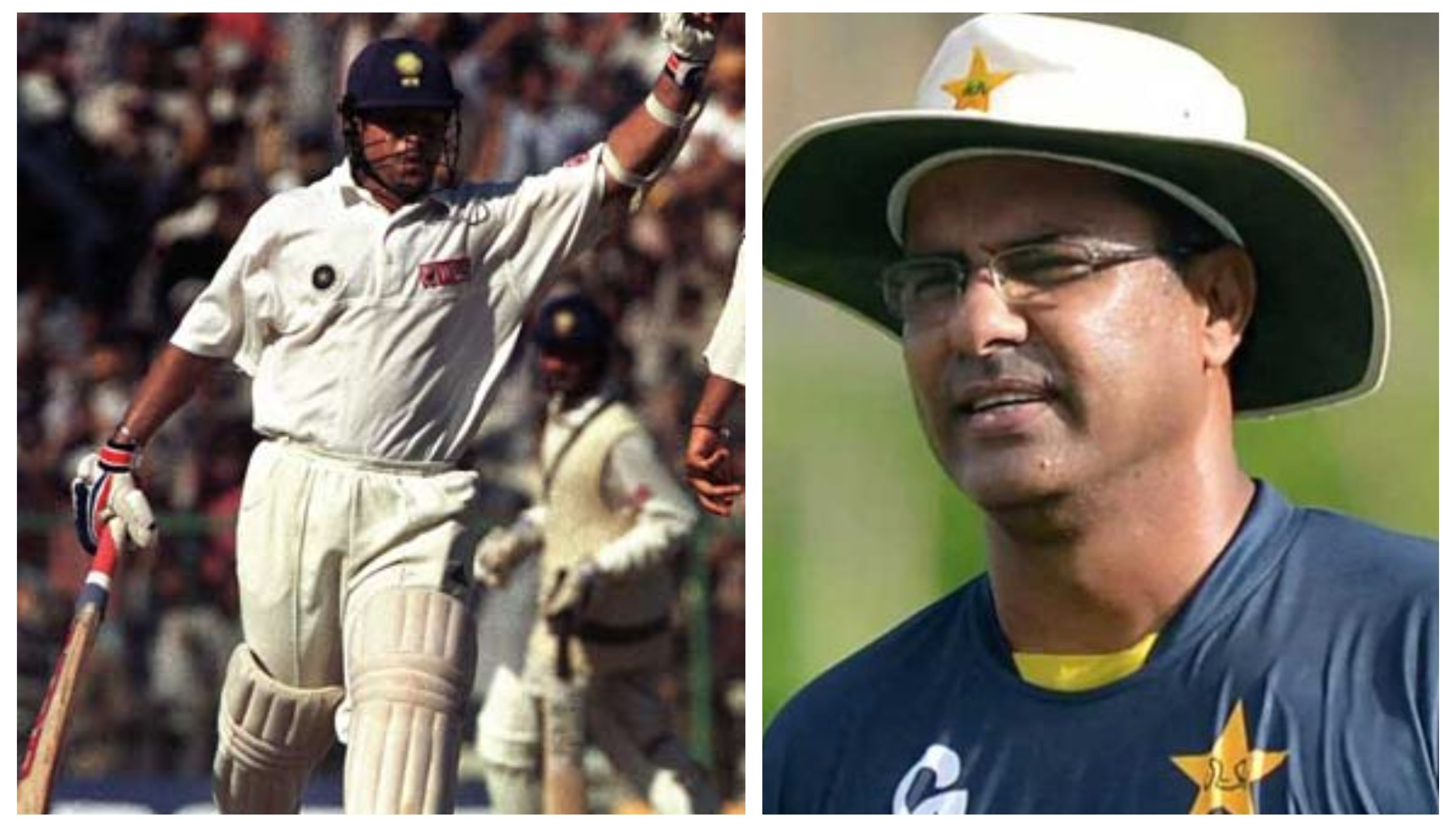 Former Australia captain Ian Chappell thinks the Decision Review System (DRS), used to allow players to challenge the umpiring view on dismissals with the help of available technology, needs an overhaul.
Former Australia captain Ian Chappell thinks the Decision Review System (DRS), used to allow players to challenge the umpiring view on dismissals with the help of available technology, needs an overhaul.
Chappell believes the DRS in its current state is "manipulative" and encourages players' dissent.
Quite a few umpiring decisions were overturned in the first Test of the England-West Indies Test series in Southampton, which the former Aussie skipper cited as an example of umpires being devalued by the current system.
"'The umpire is always right and you don’t argue with his decision’ used to be the first lesson a young cricketer was taught. This admirable exercise in discipline and self-control is now not applicable as the introduction of DRS is encouraging a form of player dissent,” Chappell wrote for ESPNcricinfo.
"The look of disdain on the face of umpire Richard Kettleborough after three of his decisions were overturned early on day two of the first Test between England and West Indies, was ample proof of his feelings about the system at that moment."
"My sympathies were with Kettleborough, one of the better umpires on the international panel. And with the return to a third review in the pandemic era, there are signs the system is being manipulated," he added.
The technology of ball tracking and path prediction for LBWs is getting constantly better. However, to ensure there is a decision made even when the technology doesn't give an absolutely clear indication of the impact, in line and at the stumps, with less than 50 per cent of the ball-contact, the 'umpire's call' method is used.
Legendary Sachin Tendulkar recently criticised this method, saying when the replay shows the ball is hitting the stumps in line, it should be given out irrespective of the contact percentage, questioning why is the on-field umpires' view of such significance when the call has already gone upstairs for the TV umpire to make.
Chappell, on his part, believes the review system should never have allowed players to be a part of decision-making right from its inception in 2008.
"There was a time when the BCCI distrusted the DRS. I’m no longer in lock-step with the BCCI on this because I still don’t have much faith in the DRS...Right from the outset, the DRS should have been placed in the hands of the umpires; players shouldn’t be part of the decision-making process," he wrote.
"And the equipment and personnel involved in the DRS should be controlled and employed by the cricket authorities and not the television production company. The DRS - properly constituted - is an important ingredient in cricket decision-making; it’s not part of the day’s entertainment."
"There have already been some cynical examples of DRS use in the series between England and West Indies that epitomise how far the system has been devalued. It’s time the DRS was the subject of a thorough overhaul," Chappell added.





